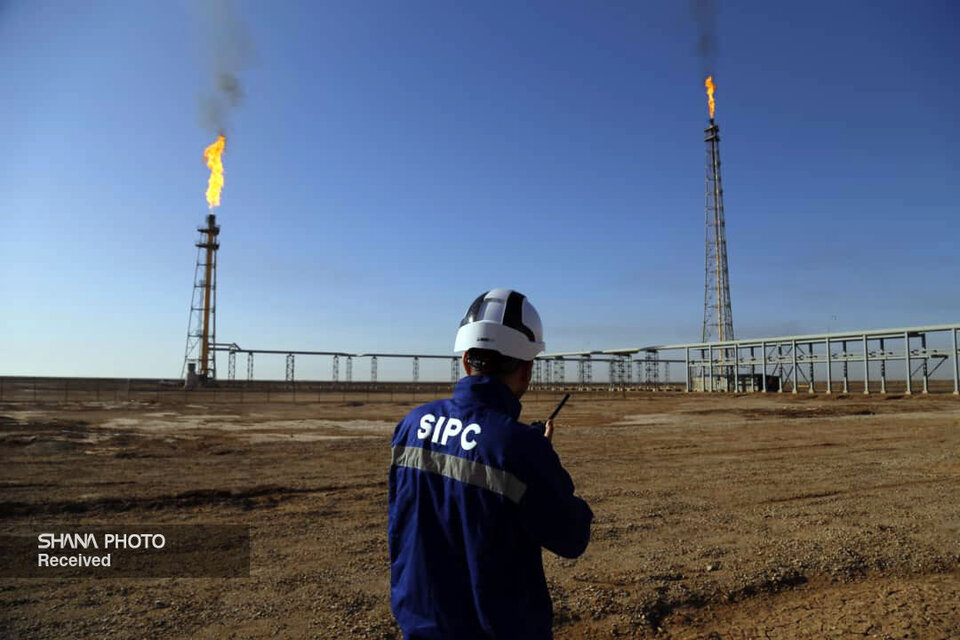They noted that the implementation of flare gas recovery projects during the first year of the 14th administration has exceeded the targets set in the country’s Seventh Development Plan.
Malek Shariati-Niasar, a member of Parliament’s Energy Committee, said the final evaluation of each government agency’s performance is conducted by the Planning and Budget Organization. “Based on those assessments, the flare gas sector has been the strongest area of the Oil Ministry during the first year of the development program,” he said.
Flare Gas Recovery: A Step Toward Preserving National Resources
Asadollah Cheraghi, the lawmaker representing Dehloran, said the Oil Ministry has achieved significant success in collecting flare gas and extinguishing flares. “These valuable projects prevent the loss of national wealth and stand as lasting symbols of national self-reliance and commitment to preserving the country’s resources,” he said.
He added that accelerating flare gas recovery will create jobs, reduce environmental pollution, improve air quality, protect the environment, and enhance value-added production by completing the hydrocarbon value chain.
Reducing Waste Through Accelerated Flare Gas Recovery
Reza Sepahvand, a member of the Energy Committee’s presidium, also described the ministry’s performance as favorable. “The 14th administration’s actions to reduce waste of this national resource have been effective,” he said.
He noted that faster flare gas recovery, higher oil production, and improved fuel, gasoline, and gas supply are among the ministry’s key achievements, adding that fuel storage conditions for power plants have also improved.
Self-Reliance: A Key to Achieving Energy Development Goals
Mostafa Nakhai, another Energy Committee member, emphasized that flare gas recovery has been realized through domestic capabilities. “To achieve economic growth, boost oil and gas production, and advance energy-sector goals such as flare gas recovery, we must rely on domestic expertise and skilled human resources,” he said.
According to Shana, flare gas recovery contracts for oil fields in southern Iran were signed Saturday (Oct. 31) under the order of President Masoud Pezeshkian. The agreements cover the Rag Sefid 1 and 2, Bibi Hakimeh 1, Kupal Bangestan, Ahvaz 1, 3, and 4 Asmari, Golkhari 3, Lali, Haft Shahidan, Zilayi, and Karun fields.
Under the contracts, 295 million cubic feet per day of flare gas will be collected, 32 flares will be extinguished, and the projects are expected to be completed within 18 months.


Your Comment